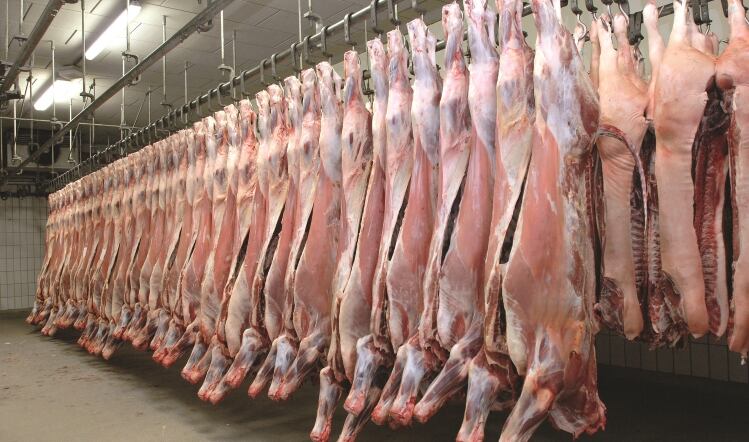The index, which is compiled in partnership with IHS Markit, saw UK manufacturing exports fall for the fourth quarter in a row in Q1 to an index point of 46.8 for new manufacturing exports. The sharpest drop occurred in March, when the Index fell from 47.8 in February to 43 in March – the fastest monthly downturn since 2012.
Food and drink was the only manufacturing sub-sector to buck this trend, with exports growing for the first time since Q2 2019 between January and March to 50.5.
Strong demand in US, Ireland
The sector’s performance had been underpinned by strong demand in key export markets, such as the US and Ireland, according to the index. It also benefited from the easing of last year's global trade tensions, when higher US trade tariffs on European products such as whisky, wine and cheese and uncertainty over the UK’s departure from the EU hit food and drink exports.
The report stated: "A return to growth in food and drink export sales was the most positive development reported at the start of the year. Manufacturers in this segment indicated the fastest expansion of new orders from abroad since Q4 2018. Food and drink manufacturers cited a boost to sales from greater underlying demand and diminishing global trade frictions, alongside new product launches in overseas markets.
There were also reports that bulk orders had been placed by export clients, reflecting efforts to replenish warehouse inventories and reduce pressure on supply chains. Higher levels of demand for food & drink meant that the consumer products sector fared better than manufacturers of intermediate and investment goods."
Lloyd's Bank International Trade Index methodology
The index is compiled by IHS Markit and based on the results of surveys of more than 25,000 purchasing executives in more than 40 countries. Together these countries account for an estimated 95% of global manufacturing output and more than 75% of global service sector gross value added product. Questions are asked about real events and are not opinion based. An index reading above 50.0 indicates an increase in the variable since the previous month and below 50.0 a decrease.
Leaving aside the food industry, in the first three months of this year, UK services businesses saw the sharpest quarterly drop in new overseas work since the index began in 2014, a fall of almost four index points on the previous quarter. The decline had been driven by a slump in international travel, with services exports related to transport and hospitality and leisure most acutely affected.
The International Trade Index also noted the end of a seven-year run of UK global economic expansion during the first quarter of 2020, with a drop of more than four index points on the last quarter of 2019. The index reading for March alone was significantly lower than the quarter as a whole, showing the impact of emergency measures to combat coronavirus on demand for UK exports in key markets.
China recovery
However, the index highlighted significant growth in manufacturing exports to mainland China in March compared to February, indicating early signs of renewed demand for UK exports as the country’s lockdown restrictions eased.“The China shutdown sent shudders through the global economy and complex global supply chains, with an unprecedented knock-on impact for UK exporters," said Gwynne Master, managing director and global head of trade for Lloyds Bank Global Transaction Banking. "Performance and good growth levels in the UK food and drink sector as well as the financial services industry in Q1 are sources of encouragement.
"It is reassuring that China, one of the first major economies to gradually return to work, is showing signs of an economic recovery. We are closely observing supply chain pressures when movement restrictions are eased across Europe and the UK."




